When it comes to personal food choices there are several nutrients that are considered only existing in, are better in quality from, or are easier to obtain from animal-based foods. Many people believe that this notion indicates that humans are naturally meant to eat animals and that doing so is not only justifiable, but necessary.
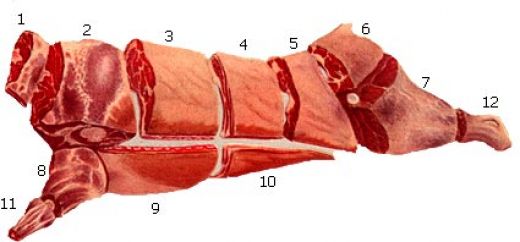
The nutrients of common concern are Vitamin B12, iron, Vitamin D, calcium, Omega-3 fatty acids, zinc, and protein.
Before you consider eating someone else who ate a decent diet in order to extract the nutrient stores from their body, consider eating more like them to get the nutrients first-hand as they did. Here’s how:
Vitamin B12
Farmed animals get B12 from eating their food from or on the ground because B12 is in bacteria in the dirt. If our agricultural soils were more fertile and we didn’t wash our produce so well, we’d easily get B12 directly on our fresh, whole plant-based foods.
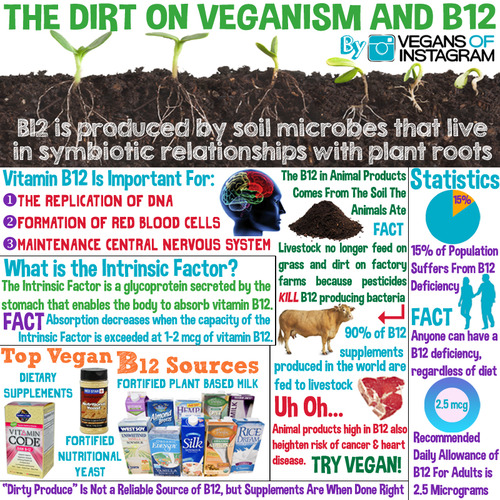
If you’re not willing to cultivate fertile garden soil, organically grow your own plants, and not wash them too well before eating them raw, it is easy to supplement B12. Because we’ve exhausted our collective agricultural soil and because we are too fastidious about the cleanliness of our food, it is not justifiable to kill and eat an animal to get their B12 stores.
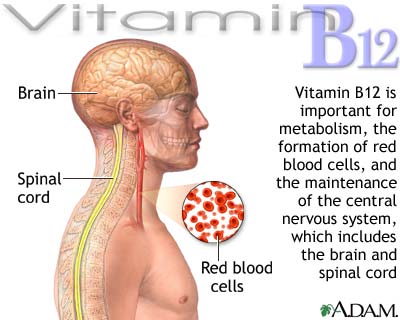
B12 is a water-soluble vitamin so it yields no risk in over-supplementing. B12 fortified foods generally fall into acid-forming foods which strip the body of nutrients (see zinc below) so are a crap shoot of potentially neutral benefit.
Iron
Heme iron (from animal-based foods) absorption is substantially higher than non-heme iron from plant foods. However, hemoglobin concentrations and the risk of iron deficiency anemia are similar for vegans compared with omnivores and other vegetarians. Vegans often consume large amounts of vitamin C–rich foods that markedly improve the absorption of the non-heme iron. (source)
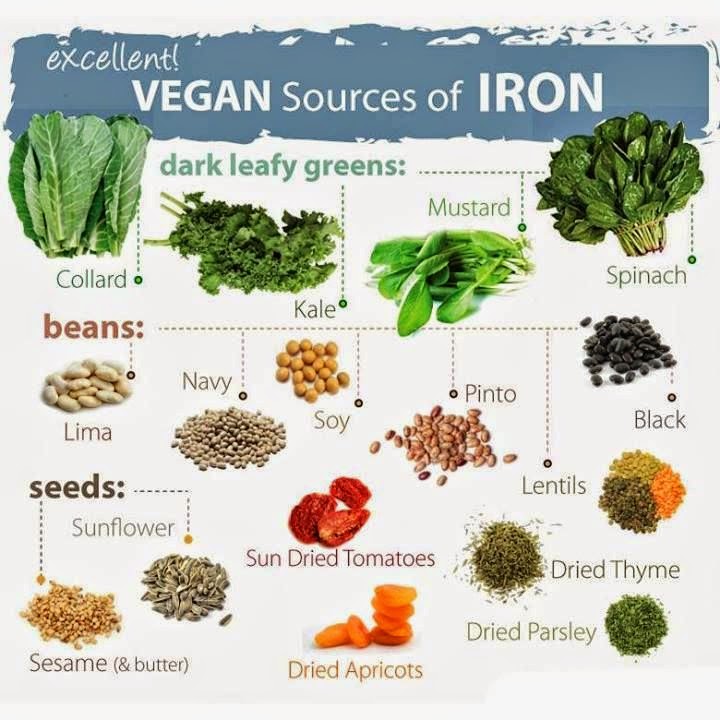
Farmed animals get their iron from plants. When adequate iron is available from eating whole plants, it is unjustifiable to eat the body of an sentient animal to steal their iron stores.
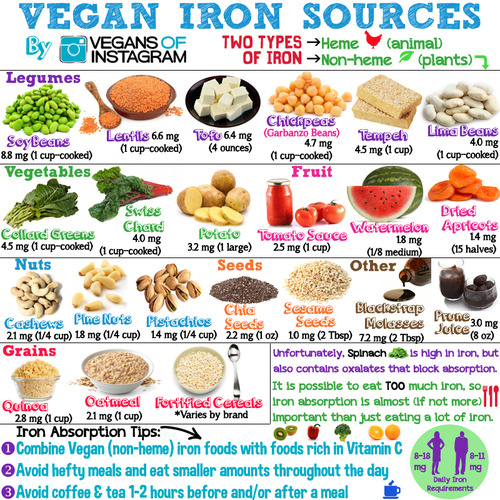
Vitamin D
Farmed animals make their Vitamin D from the sun. So can we.
Rather than relying on fortified foods or oral supplements, there is a great deal to be said for getting in the sun for short periods during the spring and summer. The body makes much better use of Vitamin D produced by the sun than the dietary form of Vitamin D and if a person gets enough sunlight at the right time of year to build individual stores, there is little to no need to have any dietary Vitamin D at all. (source)
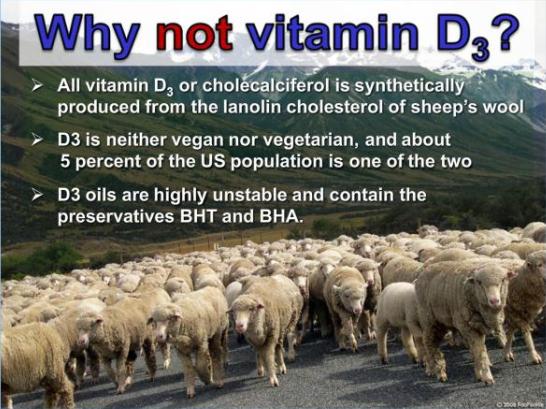
Calcium
Farmed animals get their calcium from plants and so can we from green leafy vegetables like lettuce, spinach, greens, kale, and chard. Calcium-fortified foods like cereal, plant-based milks, and fruit juices generally fall into acid-forming foods which strip the body of nutrients (see zinc below) so are a crap shoot of potentially neutral benefit.
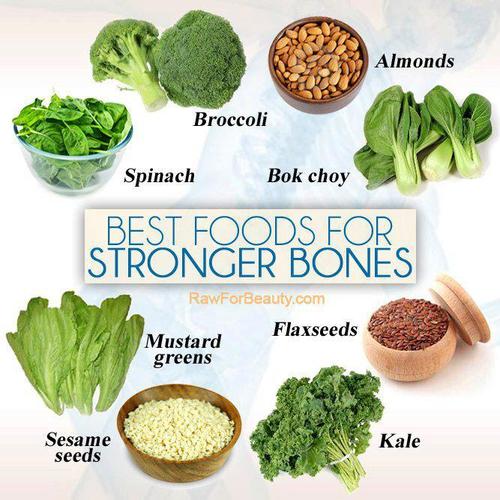
Dairy cow feed is fortified with vitamins and minerals because most farmed animals actually do not have access to fresh plant food. But you do.
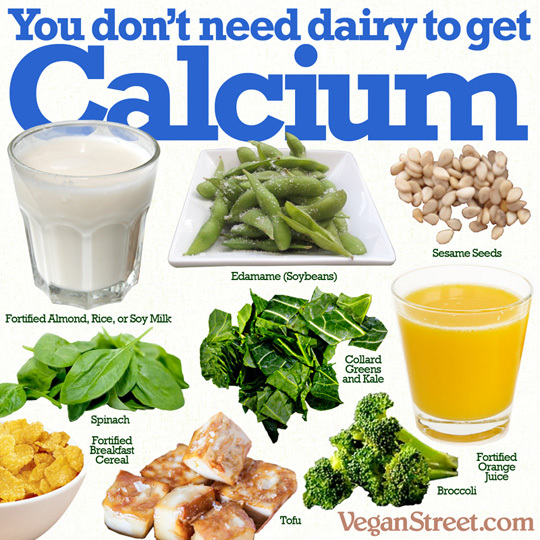
Because the powerful dairy industry has convinced us that we need milk and yogurt to get adequate calcium (the irony is that dairy is acid-forming which requires calcium outputs from bones to neutralize) in our bodies doesn’t justify taking the lives of animals. We can do better now that we know better than the dairy industry and go straight to the plant source for first-hand, natural vitamins and minerals.
Omega-3 Fatty Acids
These beautiful fatty acids are easy to obtain from chia, flax, hemp, walnuts, and more.
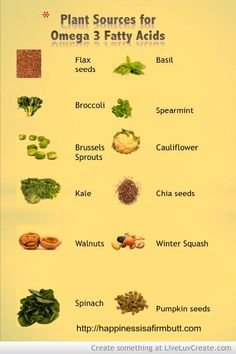
It is important to aim for an Omega-6 to Omega-3 ratio of 1:1. A Standard American Diet has a ratio of 15-17:1. (source) Increase Omega-3 plant food sources and decrease Omega-6 food sources such as vegetable oil, salad dressing, mayonnaise, nuts, seeds, processed snacks, fast food, cookies, candies, cakes, pastries, muffins, pork, chicken, dairy, eggs, and beef. (source)
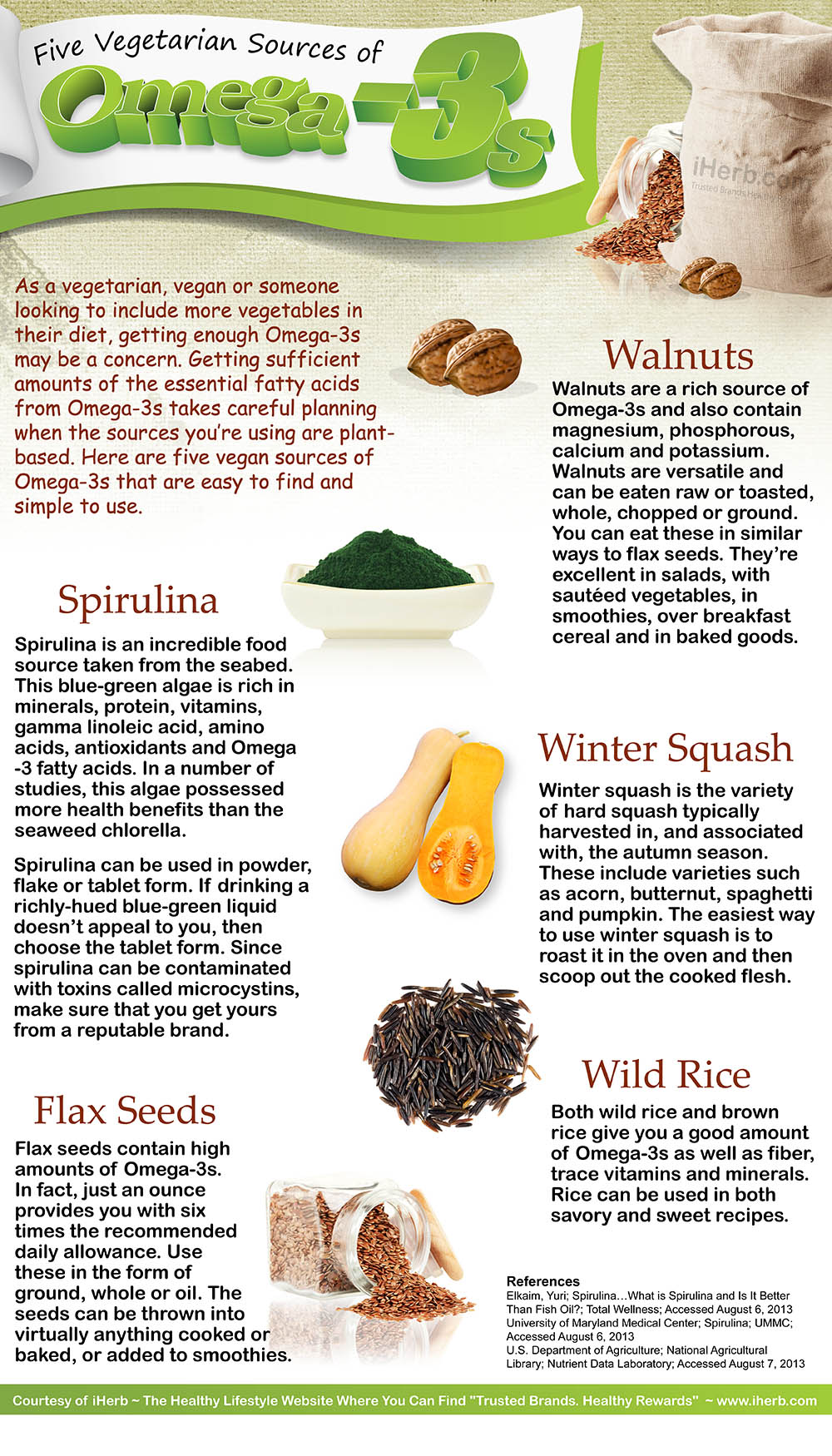
Zinc
Plant-based eaters are often considered to be at risk for zinc deficiency. Phytates, a common component of grains, seeds, and legumes, binds zinc and thereby decreases its bioavailability. (source)
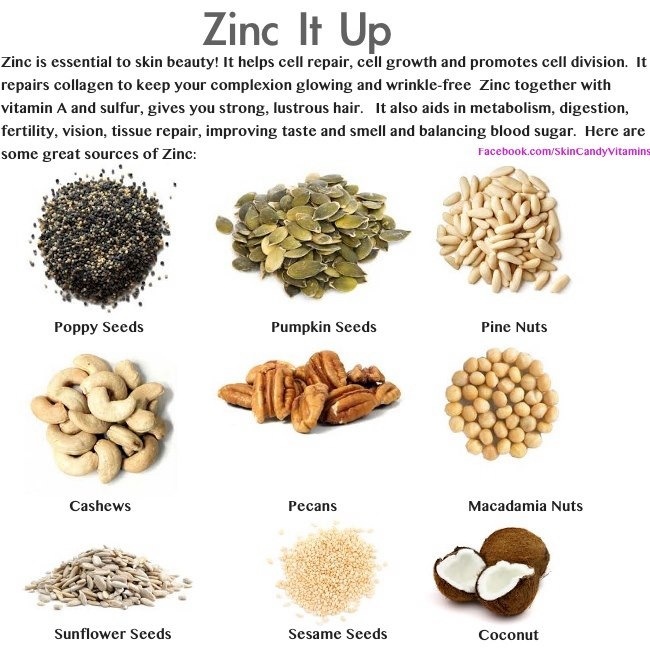
This brings up an important issue: which foods squander our stored nutrients? We may be intaking plenty of vitamins and minerals, but what foods are depleting them?
The answer: acid-forming foods, drinks & habits like alcohol, caffeine (coffee, tea, chocolate), drugs, stress, sugar, refined grains, animal meat, soda/cola, cooked foods, cigarette smoke, air & water pollution, pesticides, eggs, food additives, processed foods, and dairy.
What you don’t eat, drink, and do is just as important as what you do eat, drink, and do. Rather than worry about zinc deficiencies on a plant-based diet, decrease grains and legumes and other acid-forming foods, drinks, and habits and increase whole fruits & vegetables.
Soaking and sprouting nuts, seeds, grains, and legumes is an easy way to reduce phytate levels. Being unwilling to do this does not justify killing and eating an animal for their zinc stores.
Protein
Oh protein. You make us lean and don’t scare us with with possibility of making us chubby like carbs and fats might. The more we eat you, the better we will look and that justifies snuffing the life of a warm-blooded, vivacious animal, right?
Um, nope. Protein is one of three very important macro-nutrients, each of which we need for different reasons. Ideal whole foods are a composition of protein, carbohydrate, and fat because we need them all. Animal meat contains no carbohydrates and can’t be considered an ideal human food by being composed of only protein and fat.
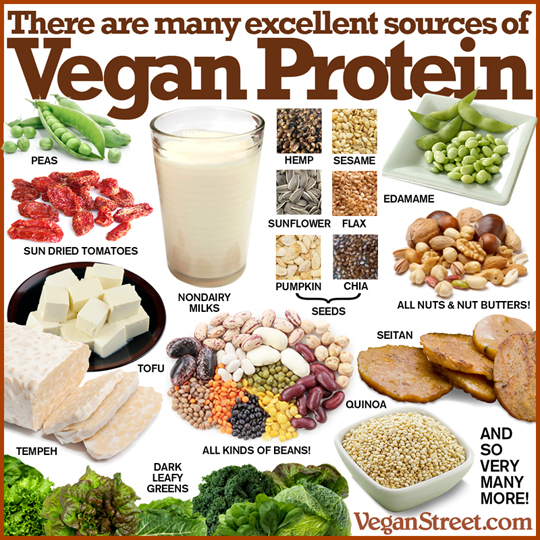
An animal has taken the amino acids from plant food and converted them into protein to build and repair muscle and connective tissue (and other functions). When humans eat meat, the human body must break down animal meat protein into amino acids before they can be used to build and repair human muscle and connective tissue. How about saving some time and some lives by just getting amino acids directly from plants?
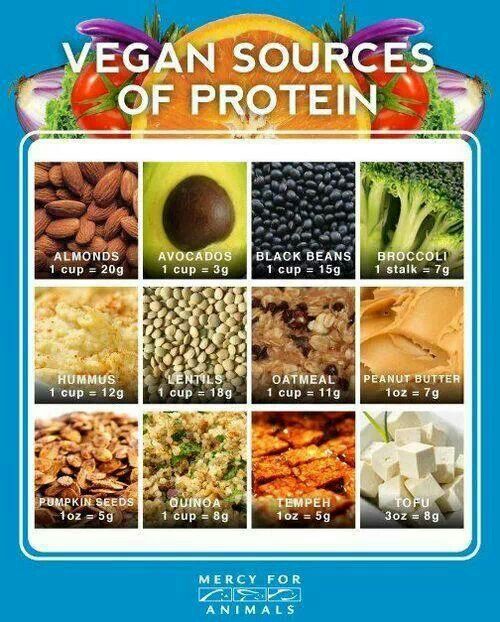
By calculating the amount of each essential amino acid provided by unprocessed complex carbohydrates (starches and vegetables) and comparing these values, the results show that any single one or combination of these plant foods provides amino acid intakes in excess of the recommended requirements. Therefore, a careful look at the founding scientific research and some simple math prove it is impossible to design an amino acid–deficient diet based on the amounts of unprocessed starches and vegetables sufficient to meet the calorie needs of humans. Furthermore, mixing foods to make a complementary amino acid composition is unnecessary. (source)
With a whole food, plant-based, animal-free diet it is not only possible but quite easy to obtain all necessary nutrients to be healthy. Eating animals to get Vitamin B12, iron, Vitamin D, calcium, Omega-3 fatty acids, zinc, and protein comes with health-destroying cholesterol, saturated fat, trans fats, and animal proteins combined with the absence of health-supporting antioxidants, phytonutrients, and fiber.
Breeding and farming animals to kill and eat them is unnecessary for human health. There is absolutely no justification. Animal agriculture is the number one destructive industry to the environment and eating animal-based foods causes preventable human diseases. If there is one change we can all make to improve living conditions for all on Earth, it is to adopt a whole food, plant-based diet. Get started today with a session of Fruit Til Five™.
Additional Resources
• Can Plant Based Eating Provide Sufficient Protein?
• The Myths & Metaphysics of Protein

{ 5 comments… read them below or add one }
Clearly its extremely difficult for a vegan to get vitamin b12 from plant foods and denying this is like denying the sky is blue. Unless you eat dirt then you will more than likely NEED to supplement it. Animals make b12 from plant food but our bodies to not make vitamin B12 in the same way cows and sheep do.
It is easy and safe to supplement B12. Lacking this one vitamin in a sanitary vegan diet does not justify killing a conscious animal for the B12 it innocently ate from the dirt.
“Farmed animals get B12 from eating their food from or on the ground because B12 is in bacteria in the dirt. If our agricultural soils were more fertile and we didn’t wash our produce so well, we’d easily get B12 directly on our fresh, whole plant-based foods.
If you’re not willing to cultivate fertile garden soil, organically grow your own plants, and not wash them too well before eating them raw, it is easy to supplement B12. Because we’ve exhausted our collective agricultural soil and because we are too fastidious about the cleanliness of our food, it is not justifiable to kill and eat an animal to get their B12 stores.”
Additionally, “while it is true that B12 is not produced by plants, it is also not produced by animals. Rather, B12 is the byproduct of a specific bacterial fermentation that thrives in soil, some fermented plant matter, dead flesh and the guts of animals. Fortunately, this bacteria is easily mass-produced for human consumption now, and many foods are fortified with it, so there is no need to eat animals in order to receive sufficient B12.
It is a common misconception that B12 comes from the flesh of animals. However, the truth is far more complex. For instance, ruminant mammals like cows and sheep have stomachs with multiple chambers, and these are excellent growing environments for the bacteria that make B12. Equally important are the grasses these animals eat straight from the soil, which is another primary source of this nutrient. Taken together, the stomachs of ruminant mammals and the soil in the vegetation they eat provide them with the B12 their bodies need. In humans, however, B12 grows in the large intestine, which is located beneath the ileum where it is absorbed. Further, most of us are unwilling to eat unwashed produce, so we do not receive sufficient B12 from the soil. This leaves us with a choice. We can either consume the flesh of dead animals, which contains the B12 the animal has absorbed and is itself another medium for the growth of this bacteria, or we can supplement with B12. Interestingly, factory-farmed animals are regularly fed B12 supplements for various reasons, so it is logical to conclude that we could simply take a B12 supplement as well rather than passing it through the body of a non-human animal first.”
http://yourveganfallacyis.com/en/vegans-cannot-get-enough-b12/resources?fb
“If our agricultural soils were more fertile and we didn’t wash our produce so well, we’d easily get B12 directly on our fresh, whole plant-based foods.” I really want to help elevate the production of a protein called ferroportin for it is responsible for exportation of iron and fight against anemia, but I would likely go for supplementation in spite of the fact that it is the primary source of B12. Very informative!
Racquel Hunter recently posted..5 Medicinal Herbs that are Great in the Kitchen
Thanks again. Nori (purple laver) seaweed is known to have B12 in it, especially the raw versions. Dr. Greger suggests 2-3 sheets at a time. But I have also seen a study that eating too much Nori can lower B12 levels.
Duckweed, a plant, has been found to have B12 in it, but you have to consume big quantities of it to have enough B12 amounts. Humans who are omnivores and even vegetarians have been found with low levels of B12. Many humans today have poor gut bacteria which also complicates B12 absorption. And if we do not have enough Iron or folate, B12 will not absorb.
Farm animals receive 95% of all B12 supplements in the world as their diets are so awful they must be fed many supplements including B12. And 99% of eggs and dairy products have been found to have inadequate absorbable levels of B12 by those who consume them.
I use B12 patches, as transdermal seems to absorb better than pills in the mouth and digestive system. Dr. Greger also recommends 1000mgs/day for humans over a certain age. Peace.